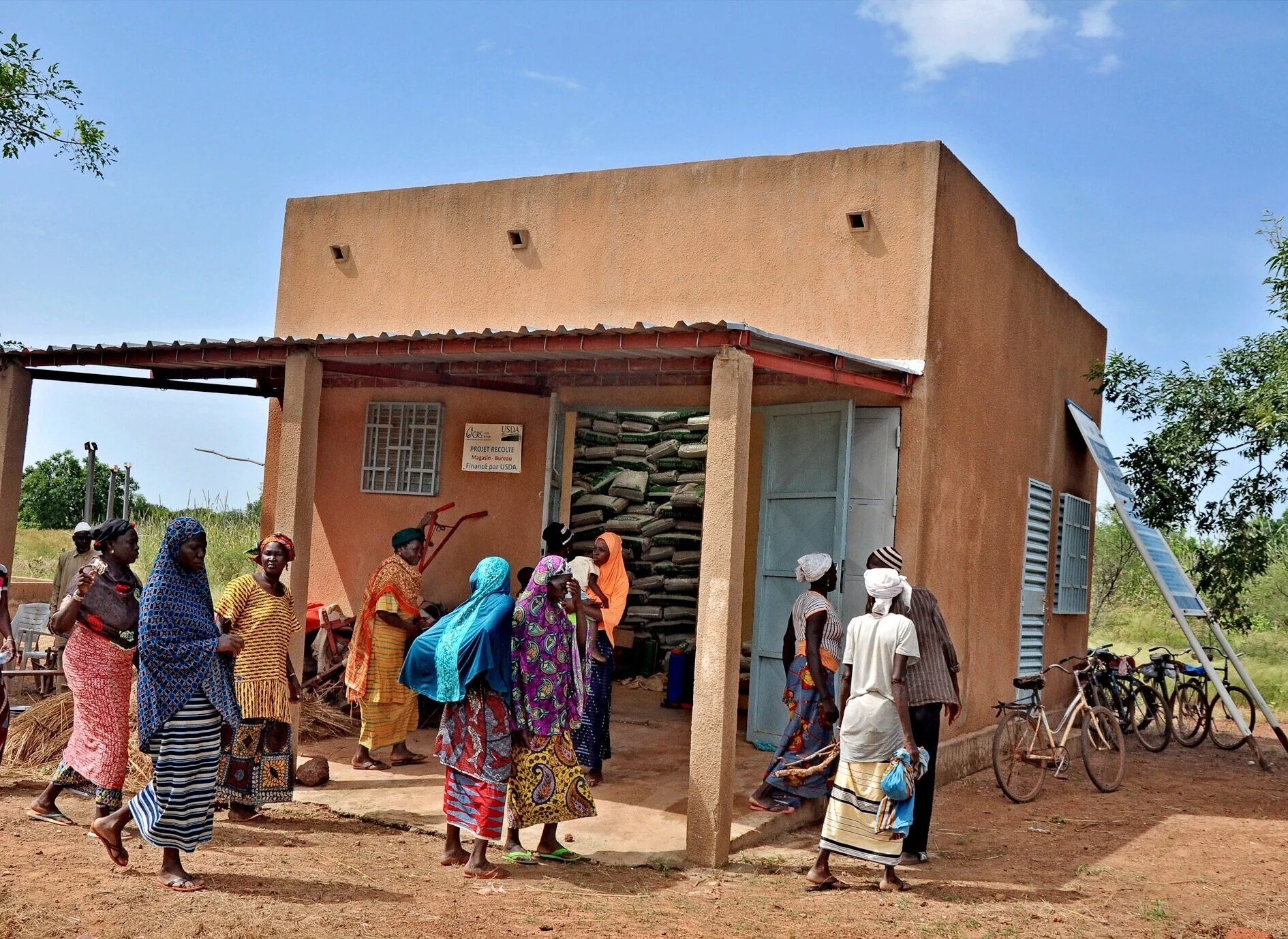Are Any of Your T-Shirts Made by Black Cotton Farmers? Tameka Peoples on Building Global Black Cotton to Textile Ecosystems
Season 1 | Episode 16
MORE ABOUT TAMEKA
Tameka Peoples is the founder of Seed2Shirt - the FIRST Black-woman-owned vertically integrated apparel manufacturer & cotton enterprise in the US. Their products are ethically and sustainably manufactured from cotton material from African, and African-American cotton farmers produced at their small batch production centers in the US and Africa.
“The wealth gap at a farm level between Black and white farmers is pretty high. When you think about it, there’s a lot of black farmers, but the most that they make a year on average is $250,000 or less, where their white counterparts are in the millions. so increasing by 80%, increasing by 80 % to be at the same scale. or increasing 80 % to be at counterpart scale or a third of their counterpart scale, right? And in order to do that, we need to have ecosystems or an economy that’s buying from them to grow their scale. To me, it’s almost not about more Black farmers period. It’s more, how do we get more value systems? ”


